Last updated on May 17th, 2023 at 04:44 pm
As we enter the fall and winter – which is synonymous with sickness, flu, and the like (especially where I live.) I thought it would be appropriate and educational to address the issues associated with antibiotics and their impacts on society. Antibiotics disrupt the delicate balance of the gut microbiome. However, healing the gut after antibiotics is possible.
Before I begin, I am not anti-conventional treatment, and antibiotics can be helpful in acute situations. Always use antibiotics with caution.
The complete overuse of antibiotics in the form of prescriptions for non-bacterial infections in humans and routine use in factory farming is quite alarming.
This affects public health negatively, as antibiotic superbugs have developed due to this misuse.
Our society is also struggling with so many health issues. As a result, a weakened immune system from overexposure to these drugs – even when not taking antibiotics personally.
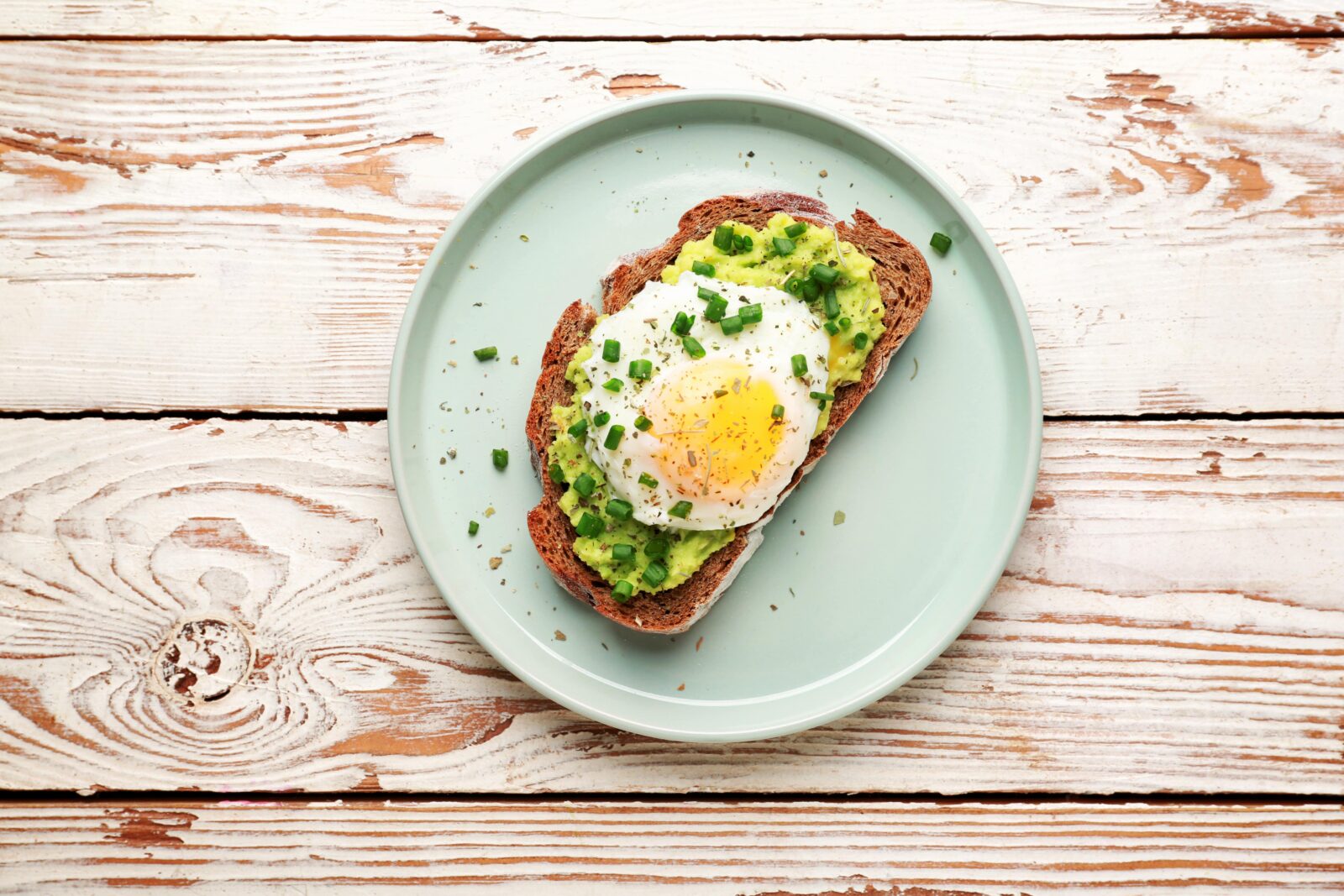
Just like myself, you might be wondering how this is even possible. How can antibiotics cause immune issues?
Taking multiple doses of antibiotics over a short period can devastate the body. Just one dose of medically justified antibiotics can weaken your immune system (remember, 70-80% of immune cells are located in the gut). Can you imagine what several rounds of antibiotics or repetitive use over a lifetime can do to the body and these immune cells? The result will be a not-so-ideal functioning immune system.
The other major problem is that most Americans eat the Standard American Diet, resulting in standard American disease. Furthermore, an abundance of conventionally produced foods (not to mention packaged and processed foods) regularly will negatively affect the immune system. I am a big advocate of full-fat everything. Still, the problem arises when these products are derived from animals without optimal health. Let me be clear saturated fat has never been the issue. The issue is that toxins, antibiotics, other prescription drugs, and heavy metals are stored in the fat cells. This means that when we eat these food products, all these things can pass into our bodies – causing adverse effects.
So what about prescription antibiotics?
In some cases, the use of these drugs is justified and necessary. There is no question about that. The problem arises when antibiotics are misused in the form of patient demands when a viral infection is present, and also the overprescribing by healthcare providers. The staggering overuse of antibiotics is very alarming.
While it is possible to control how much prescription medication we take, we have less control over the antibiotics that end up in our food supply, making it very hard to monitor our indirect ingestion of these drugs.
Did you know that even the FDA states that about 80% of antibiotics sold in the United States are sold for use in animal farming? Sadly this means that even though you or your child have never ever taken prescription antibiotics, your bodies are still being exposed to them through the foods you consume – especially animal products.
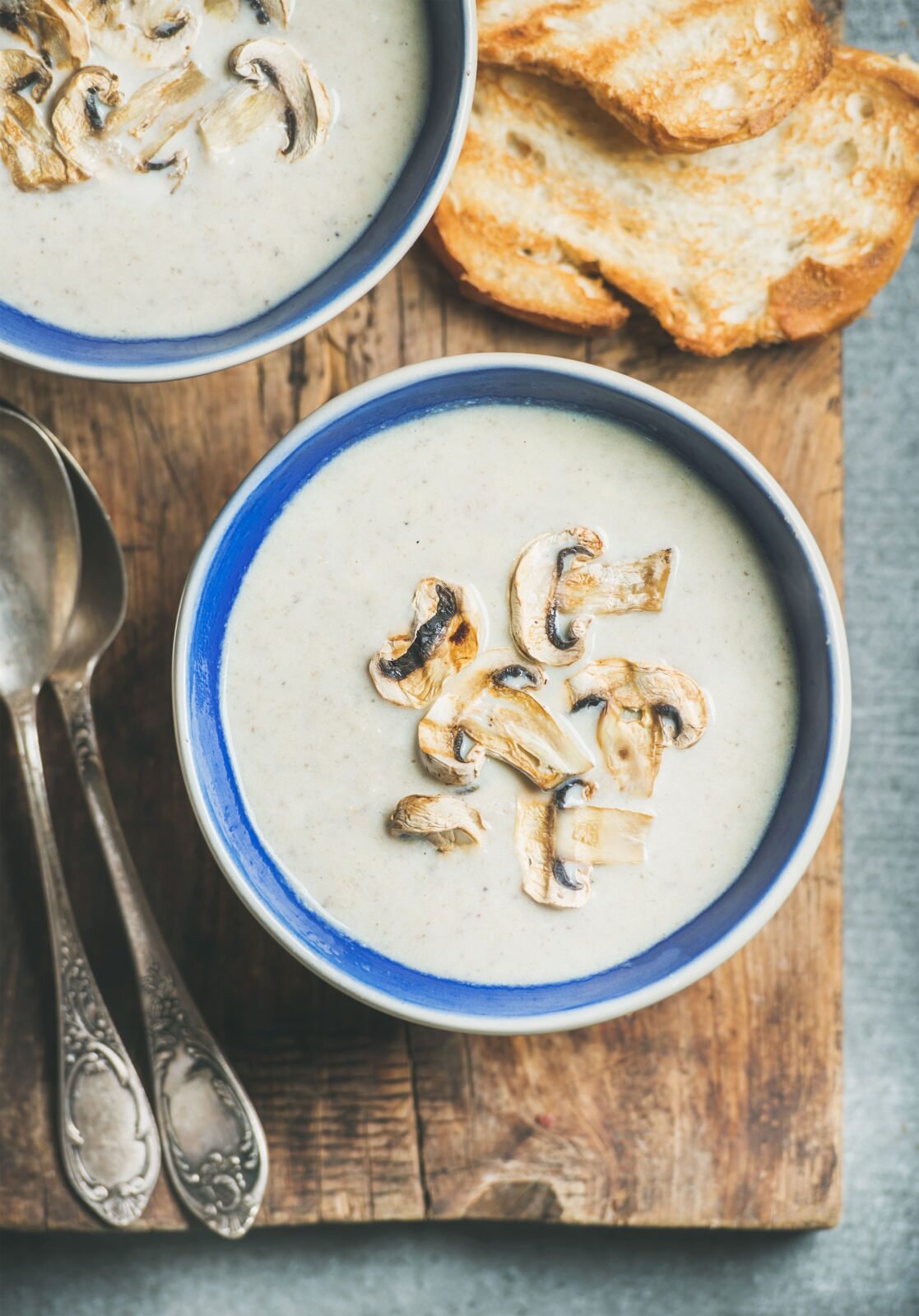
What can we do to limit unnecessary exposure to antibiotics?
Take time to educate yourself, as well as the members of your household. Learn more about these drugs’ grave misuse and overuse on animals and people. Also, know their intended use.
Prioritize eating pastured-raised organic meat, dairy, and eggs. Overall, this little step significantly decreases your overall exposure to antibiotics. Nowadays, obtaining quality meats from a subscription service like Butcher Box is very easy.
Don’t be afraid of discussing your diagnosis with your medical practitioner or even ask for a second opinion. They work for you, not the other way around, and if they don’t have time for your concerns – it is perfectly okay and acceptable to find a new medical provider. Always ensure that you or your child are taking antibiotics for bacterial infections instead of viral infections – you can also ask for more testing to confirm this.
So now, what do you do once you have been exposed to antibiotics?
Tips for supporting and healing the gut after antibiotics
Eat a nutrient-dense diet
Make sure your diet consists of whole foods with high amounts of beautiful colorful fruits, vegetables, healthy fats, decent amounts of pastured-raised meats, raw dairy, pastured eggs, and natural sugars and sweeteners. Moreover, eat organic produce or use the Dirty Dozen list.
Stay hydrated
Ensure that you drink enough clean and filtered water each day. Ideally, consuming half your body weight in ounces is best. Also, remember to add a pinch of mineral-rich sea salt.
Movement
Move your body daily. Ensure you get enough exercise (that you actually enjoy) – outdoors is ideal.
Reduce stress
Using breathing techniques or other forms of self-care to reduce stress is vital. Develop daily practices to take care of yourself. It can be as simple and inexpensive as reading a book or taking a magnesium flakes salt bath at the end of a long day.
Incorporate some gut-loving and supporting foods into your diet
Foods such as bone broth (chicken or beef), collagen peptides, gelatin, and fermented foods such as sauerkraut, kimchi, beet kvass, and kombucha, yogurt, or sour cream, will help support your healthy gut microbes so that the unhealthy population doesn’t take over. A good spore-based probiotic like CT-Spore or Microbiome Labs MegaSporebiotic can also be very beneficial.
Add pastured beef liver into your diet a few times a week instead of taking a multivitamin
I’m not fond of multivitamins and advocate incorporating pastured beef liver into your diet. It is one of the most nutrient-dense foods on the planet, rich in folate, vitamins A and B, iron, and copper. This will support the body and immune system for optimal function. If eating organ meats is too much, I love these beef liver capsules.
Make sure that your vitamin D levels are sufficient
Make spending a little bit of time outside a priority. I am not a massive fan of supplementation and prefer to get my vitamin D from real food and sunshine. It is also helpful to note that it is more beneficial to figure out the root cause of vitamin D deficiency in the first place instead of just supplementing blindly. Recent data suggest that low magnesium levels make vitamin D ineffective.
A super (and relaxing) way to increase magnesium stores in the body is to take a magnesium salt bath for 20-25 minutes. This lotion is also a great option to increase magnesium levels topically. I always recommend getting various kinds of magnesium when supplementing – I love Smidge Morning and Evening Magnesium (available on my Fullscript dispensary) and this liquid form.
Consider incorporating natural remedies and supplements for immune support and boosting
Examples include vitamin C, elderberry syrup, other immune-supporting herbs, and mushrooms.
This is not an extensive list, but it is a great starting point to steer you toward restoring and supporting your immune system and healing the gut after antibiotics.
Disclaimer: This post is not intended to provide medical advice, diagnosis, or treatment and is for educational purposes only.
To order practitioner and therapeutic-grade supplements, visit my Fullscript dispensary for an automatic 15% off all orders.
*****
For access to Cellcore Biosciences, please email me. I’ll gladly give you access and activate a 15% off for all your future orders.
*****
For quality, grass-fed, and pastured raised meats, check out Butcher Box and save $50 on your first box!
*****
Use code “NURTUREMEWILD” at checkout to save 15% off your first order at Crucial Four!
*****
Use code “NURTUREMEWILD” at checkout to save 10% off all your orders at Perfect Supplements!
*****
Use code “NURTUREMEWILD” at checkout to save 10% off your first order at Wild Wholistic!
*****
Use code “NEWTOEARTHLEY” at checkout to save 10% off your first order at Earthley!
*****
Use code “NURTUREMEWILD” at checkout to save 10% off your first order at Live Pristine!

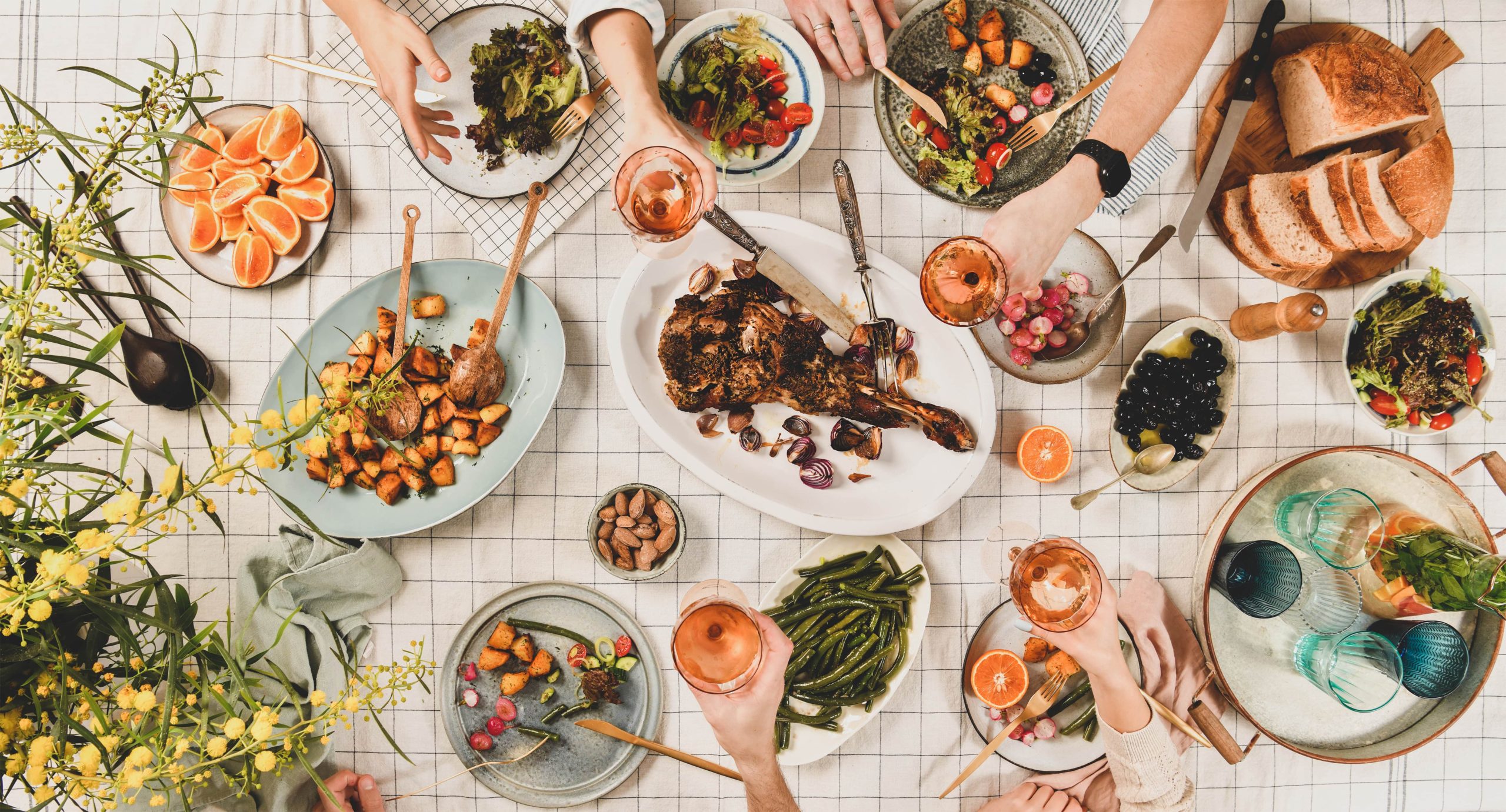

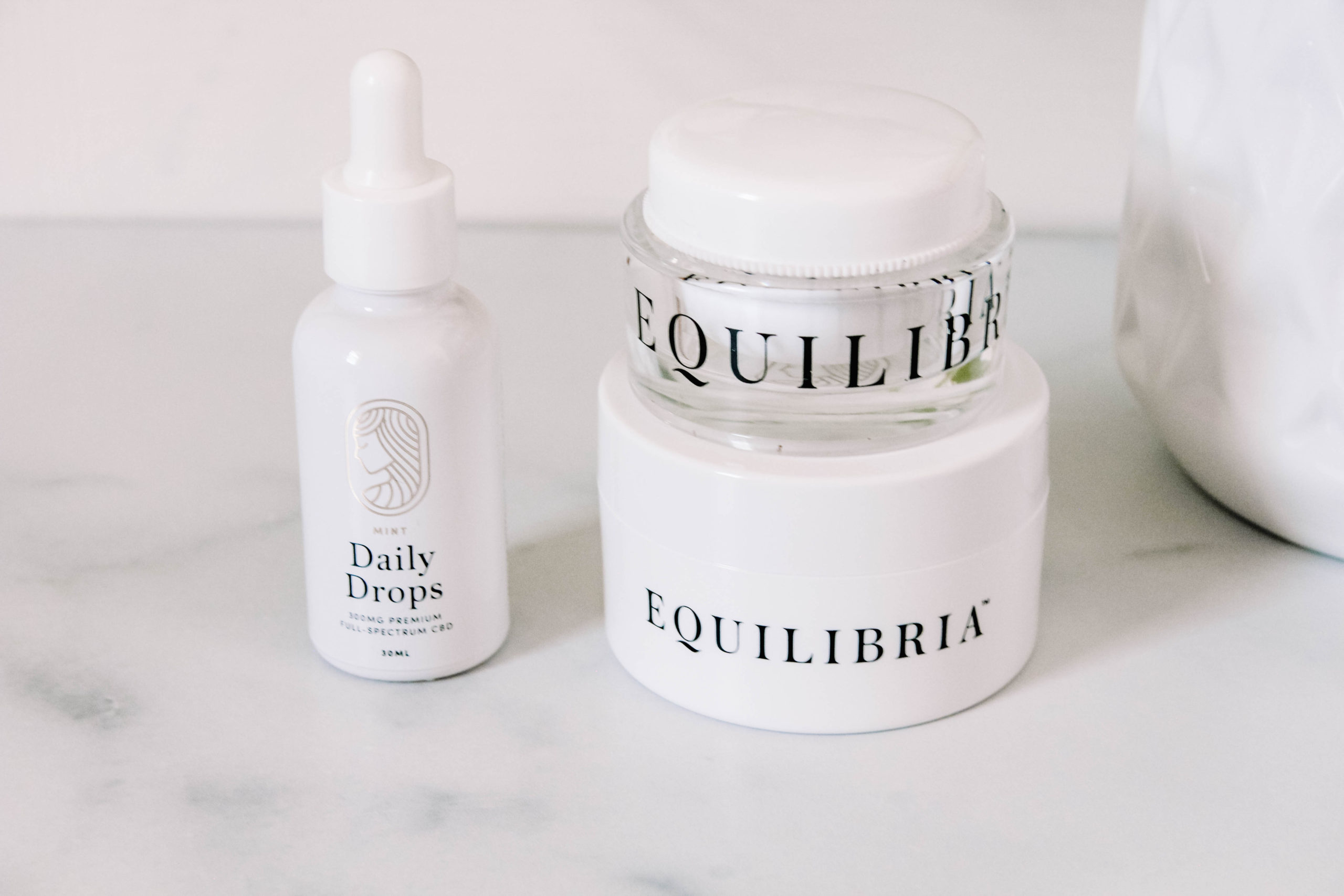
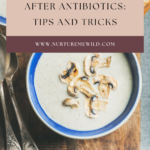
+ view comments